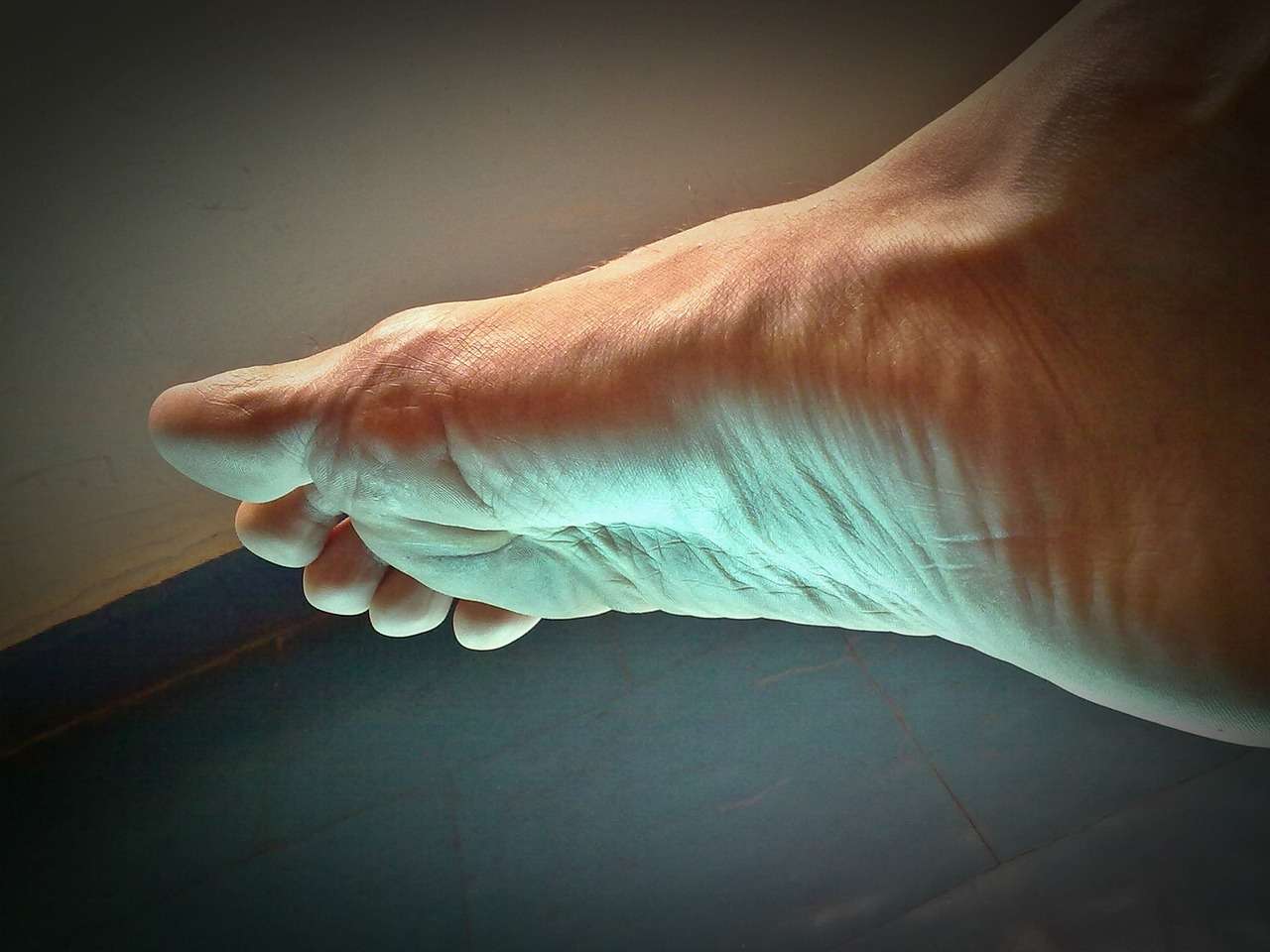Bunions are a common foot condition characterized by a bony bump that forms on the joint at the base of the big toe. They can cause discomfort, pain, and affect mobility. Inflamed bunions require careful treatment to alleviate symptoms and prevent further complications. This blog post explores effective treatment solutions for bunions, including non-surgical approaches and the importance of consulting bunion surgery doctors for severe cases.
Understanding Bunion Treatment
When it comes to bunion treatment, several solutions can help manage symptoms and slow down the progression of the condition. Here are some effective options:
Non-surgical Treatments:
a. Footwear Modifications: Wearing proper footwear is crucial for managing bunions. Opt for shoes with a wide toe box to accommodate the bunion and reduce pressure. Avoid high heels or shoes that squeeze the toes together.
b. Bunion Pads and Cushions: Soft pads or cushions placed over the bunion can provide relief by reducing friction and pressure on the affected area.
c. Orthotic Devices: Custom-made or over-the-counter shoe inserts (orthotics) can help stabilize the foot and correct any imbalances, reducing bunion-related discomfort.
d. Pain Management: Over-the-counter pain relievers, such as nonsteroidal anti-inflammatory drugs (NSAIDs), can help alleviate pain and reduce inflammation.
Conservative Treatment:
a. Physical Therapy: Targeted exercises and stretching can help improve foot strength, flexibility, and correct muscle imbalances, reducing bunion symptoms.
b. Toe Spacers: These devices help separate and realign the toes, relieving pressure on the bunion and promoting proper toe alignment.
c. Splints or Braces: Nighttime splints or braces can be worn to hold the toe in the correct position, preventing the bunion from worsening.
d. Icing: Applying ice packs to the bunion for 15-20 minutes several times a day can help reduce inflammation and relieve pain.
Bunion Surgery and Consulting Bunion Surgery Doctors
In cases where non-surgical treatments fail to provide relief or the bunion becomes severely inflamed and painful, bunion surgery may be recommended. Bunion surgery aims to correct the underlying bone deformity, relieve pain, and improve foot function. It is essential to consult with experienced bunion surgery doctors, such as orthopedic surgeons or podiatrists, who specialize in foot and ankle surgery.
Key points to consider when seeking bunion surgery doctors:
- Expertise and Experience: Look for bunion surgery doctors with extensive experience and expertise in performing bunion surgeries. They should be well-versed in various surgical techniques and up-to-date with the latest advancements.
- Recommendations and Referrals: Seek recommendations from your primary care physician, friends, or family members who have undergone successful bunion surgeries. Referrals can help you find trusted and skilled bunion surgery doctors.
- Consultation and Evaluation: Schedule a consultation with the chosen bunion surgery doctor to discuss your symptoms, concerns, and treatment options. They will evaluate your condition and recommend the most suitable surgical approach.
Conclusion:
Effective treatment solutions for bunions encompass both non-surgical and surgical approaches. Non-surgical treatments, such as footwear modifications, orthotic devices, and pain management, can provide relief and slow down the progression of the condition. In severe cases, bunion surgery performed by experienced bunion surgery doctors may be necessary to correct the underlying bone deformity and alleviate pain. Remember to consult with healthcare professionals to determine the best course of action for your specific bunion condition. With appropriate treatment and care, you can effectively manage bunions and improve your foot health.

